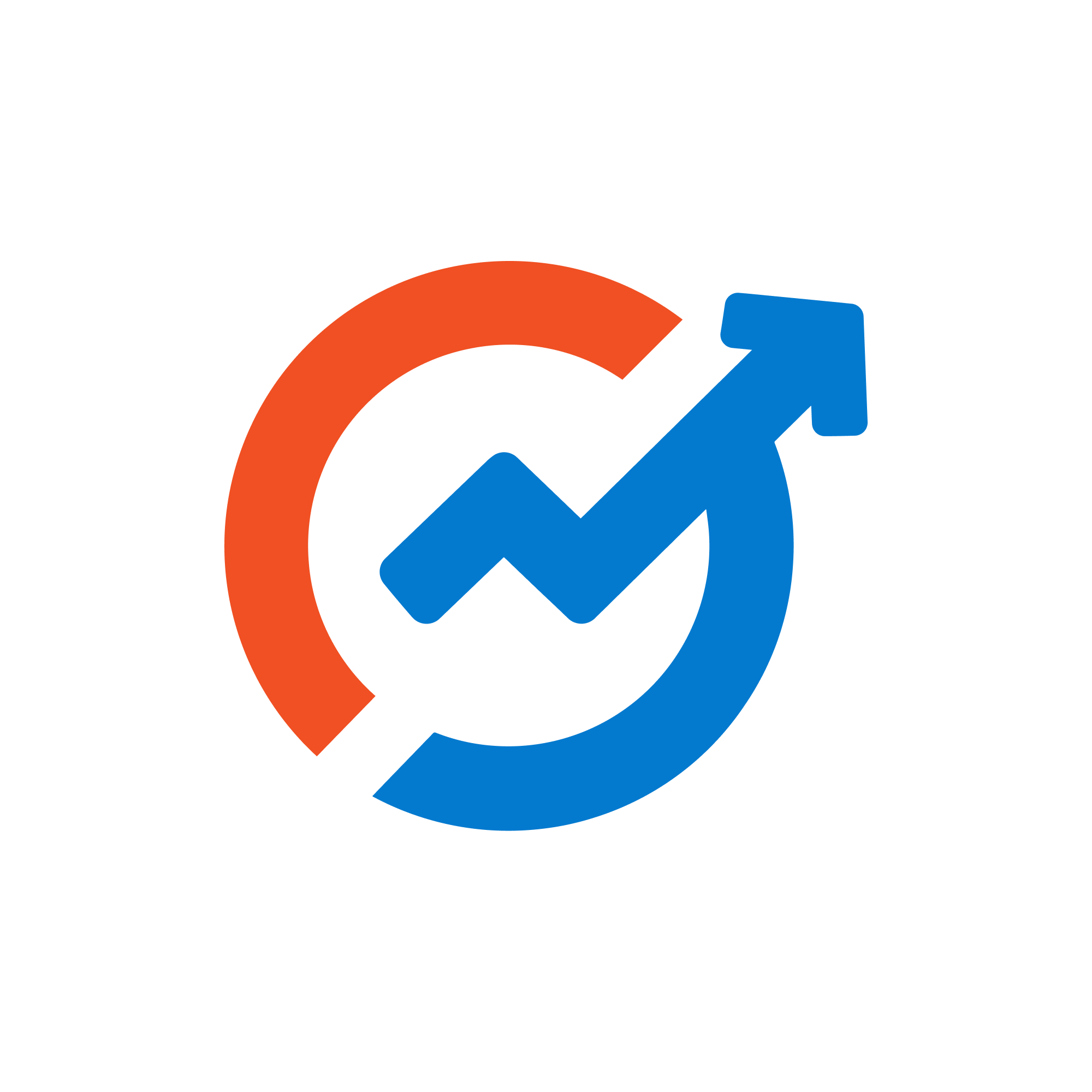Will All Fintech Become SaaS Eventually? Industry Convergence Ahead

Published •
The rapid shift toward cloud-native solutions is reshaping industries at their core—and finance is no exception. As the digital transformation accelerates, the fintech SaaS convergence is no longer just a trend but a foundational movement. Today, an increasing number of financial technology startups and enterprises are building on software-as-a-service models, giving rise to what many now call fintech SaaS.
But will all fintech eventually become SaaS? Or are we merely witnessing a partial integration? This article explores the depth of this convergence, the benefits driving it, and the future landscape of the fintech ecosystem.
The Evolution of Fintech and SaaS
Fintech began as a disruptor challenging traditional financial institutions with agile, digital-first services such as peer-to-peer lending, robo-advisors, mobile wallets, and payment gateways. Meanwhile, SaaS revolutionized software delivery by enabling access to platforms via the cloud on a subscription basis.
The fintech SaaS convergence is the natural intersection of these two forces. By combining financial services with the scalability and cost-efficiency of SaaS delivery models, fintechs can accelerate innovation and reduce operational complexity.
Key Drivers of Fintech SaaS Convergence
1. Scalability and Speed
SaaS enables fintech platforms to scale faster, deploy updates instantly, and serve a global audience with minimal infrastructure. Startups leveraging fintech as a service can launch financial products without building from scratch.
2. Demand for Modular Financial Services
Businesses no longer want to build core financial systems themselves. Instead, they integrate plug-and-play APIs for payments, banking, or identity verification—hallmarks of fintech SaaS convergence.
3. Compliance and Security Frameworks
SaaS providers often embed regulatory frameworks into their offerings, reducing the compliance burden on fintech companies. For heavily regulated sectors, working with a reliable saas development company can ensure these integrations are robust and up to date.
Use Cases Driving Industry Convergence
The growing list of use cases reinforces the relevance of fintech SaaS convergence in modern finance:
- Banking-as-a-Service (BaaS): Letting non-banking businesses offer financial services like card issuing, savings accounts, and loans via APIs.
- Payments Infrastructure: SaaS platforms power seamless online payments, fraud detection, and reconciliation tools.
- Lending-as-a-Service: Underwriting and disbursing loans with cloud-based credit engines and automated workflows.
- RegTech Solutions: Real-time compliance checks, AML/KYC validation, and audit trails offered through scalable SaaS products.
- Insurance-as-a-Service: Enabling digital distribution, claims processing, and underwriting for InsurTech companies.
These examples illustrate how fintech industry trends are pushing financial services toward composable, cloud-delivered architecture.
Challenges to Full-Scale Convergence
While the trajectory is clear, not all fintech can or will become SaaS. Some reasons include:
- Custom Infrastructure Needs: Certain institutions require on-premise or hybrid deployments for data sovereignty or regulatory reasons.
- High Barrier to Entry in Core Finance: Products involving risk modeling, high-frequency trading, or central banking may need specialized, non-SaaS solutions.
- Trust and Control: Financial institutions sometimes prefer owning full-stack systems to maintain control over customer data and brand experience.
Despite these challenges, the benefits of fintech SaaS convergence far outweigh the limitations for most new entrants and even many established players.
How SaaS Development Companies Accelerate Convergence
Many fintech startups don’t have the internal resources to build secure, compliant platforms from scratch. Partnering with an experienced saas development company can solve this problem. These firms offer:
- Pre-built fintech modules
- Industry-grade security practices
- Regulatory alignment across markets
- Faster time-to-market
This partnership model is helping to democratize financial innovation and drive the shift toward SaaS-based fintech platforms.
The Road Ahead: Fintech as a Service
As fintech matures, the concept of fintech as a service is becoming mainstream. This model allows non-financial companies—like e-commerce brands, HR platforms, or gig economy apps to embed financial capabilities without becoming financial institutions themselves.
This trend is contributing to the larger fintech SaaS convergence, blurring the lines between financial service providers and technology vendors. Companies that adopt this model can generate new revenue streams, enhance customer experiences, and differentiate in saturated markets.
Conclusion
The rise of fintech SaaS convergence marks a transformative era in financial services. By merging the innovation of fintech with the scalability and flexibility of SaaS, this convergence is reshaping how businesses deliver, consume, and scale financial products.
While not every fintech will become a SaaS provider in the strictest sense, the influence of SaaS models on fintech is undeniable and growing. From embedded finance to API-first platforms, fintech saas is paving the way for a more accessible and scalable financial ecosystem.
For fintechs looking to future-proof their offerings, working with a qualified saas development company is essential. These partnerships are foundational to building robust, secure, and scalable solutions aligned with evolving fintech industry trends.
Locations
Hashtag